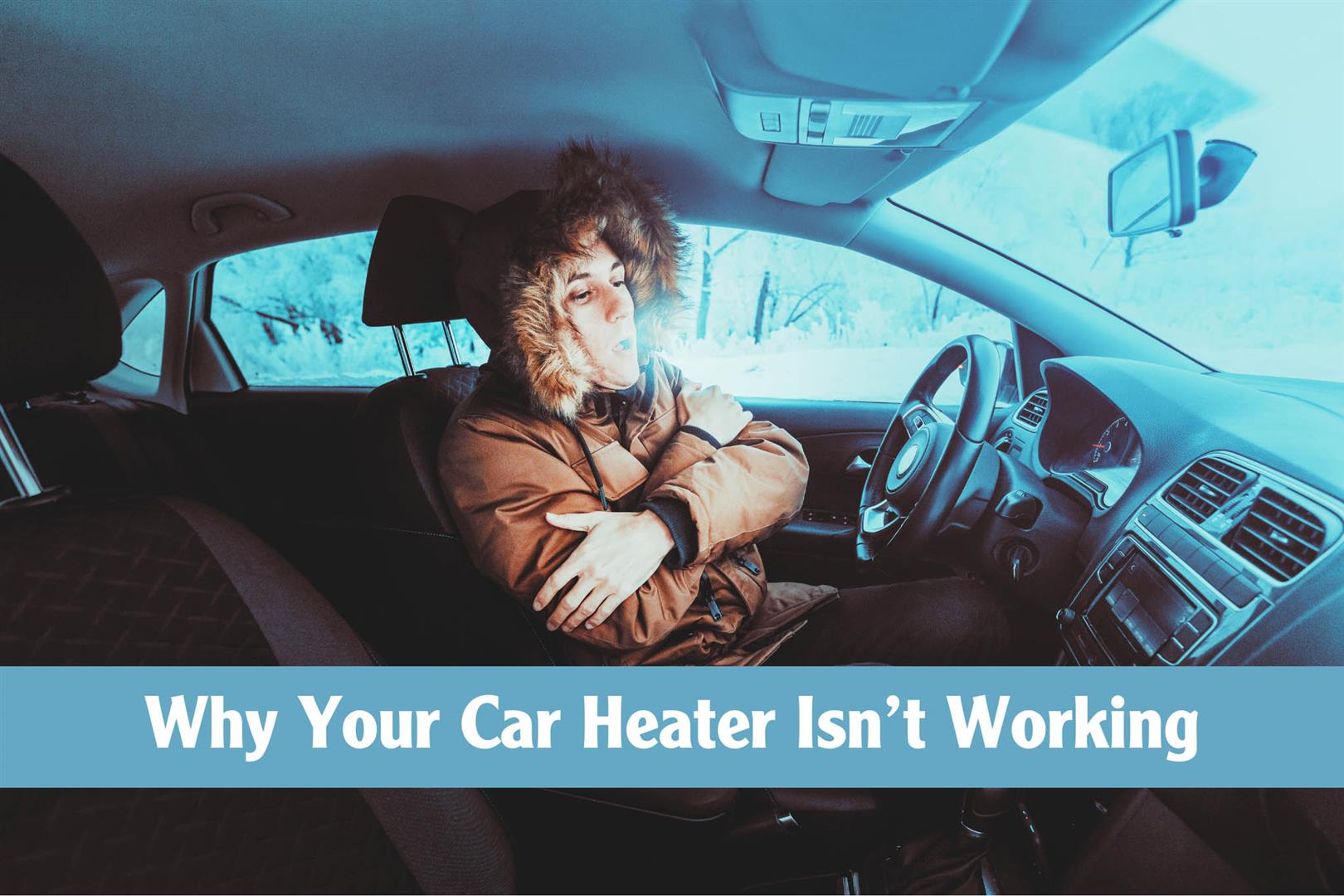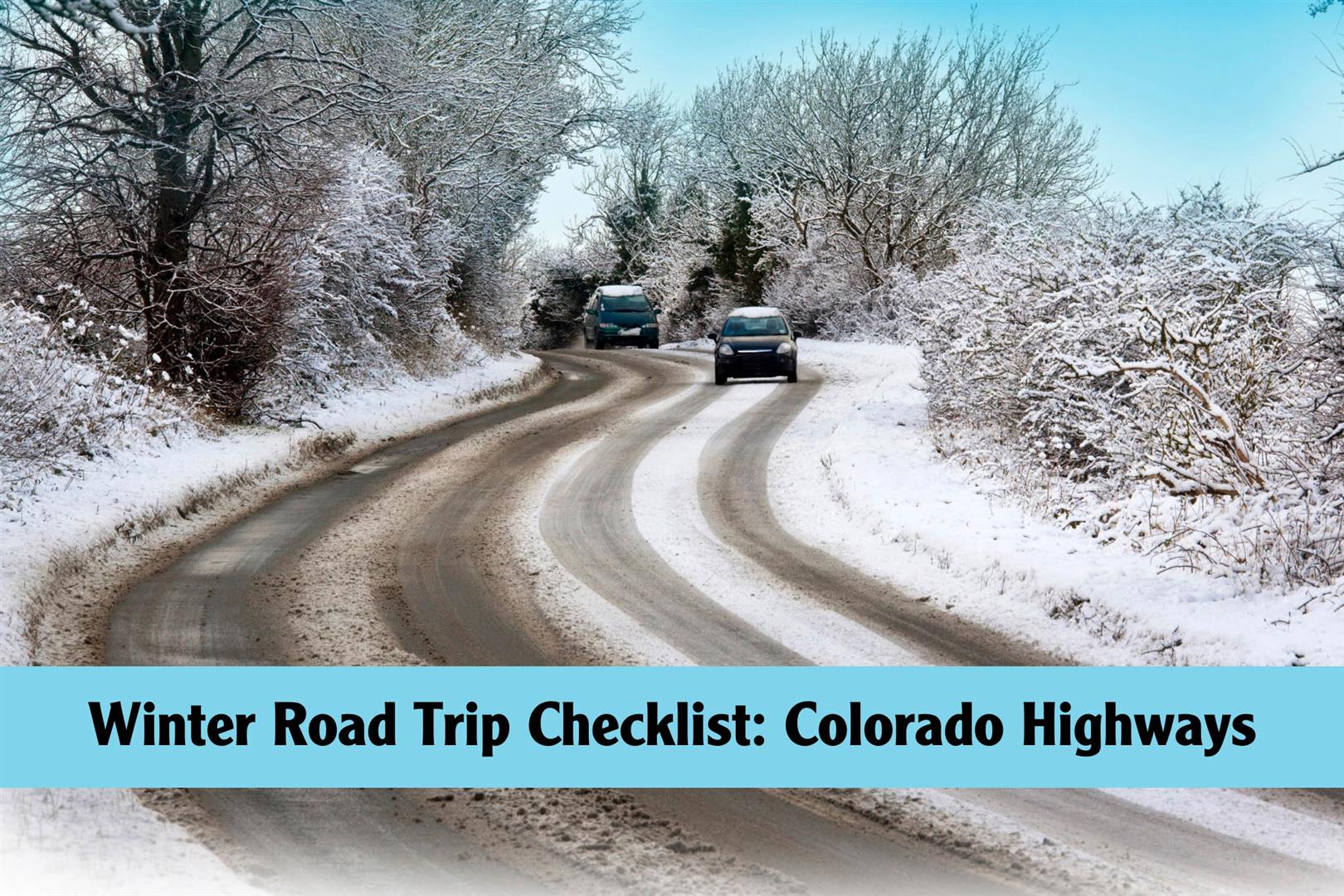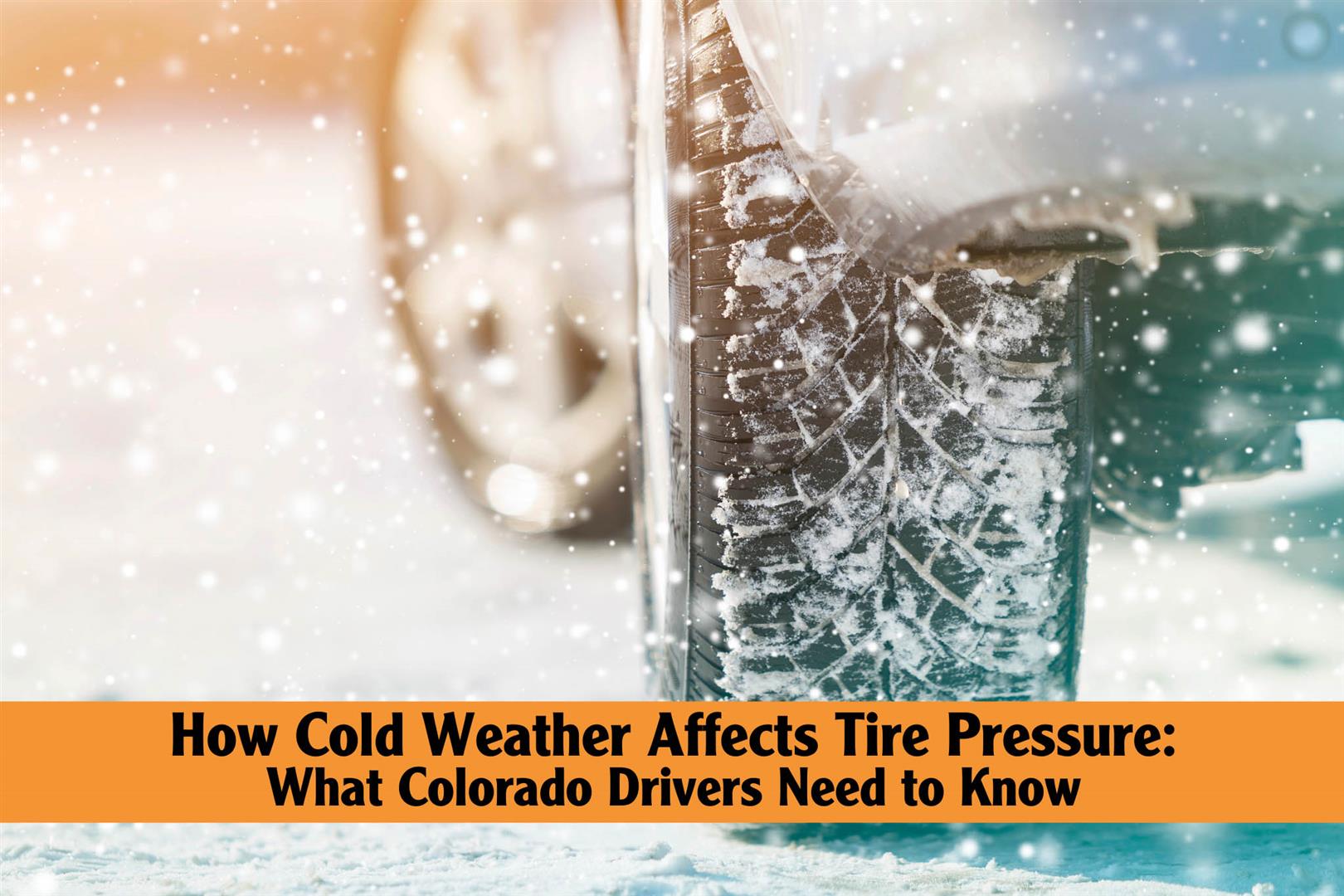Posted on 1/27/2025

There’s nothing worse than sitting in a freezing car on a chilly Colorado morning because your heater isn’t working. A malfunctioning heater can turn your winter commute or ski trip into an uncomfortable experience. Let’s explore why your car heater might not be working and what you can do to fix it. Common Reasons Your Car Heater Isn’t Working1. Low Coolant Levels Your heater relies on engine coolant to produce warm air. If the coolant is low due to a leak or insufficient levels, your heater won’t function properly. 2. Thermostat Issues A faulty thermostat can prevent your engine from reaching the correct operating temperature, leaving your heater blowing lukewarm or cold air. 3. Clogged Heater Core The heater core transfers heat from the engine to the cabin. Over time, debris or corrosion can clog the core, restricting the flow of warm air. 4. Blower Motor Problems ... read more
Posted on 1/22/2025

Have you noticed an unsettling rattling noise coming from your Jeep Cherokee? Whether it happens while you’re driving through the streets of Boulder or tackling mountain trails, a rattling sound can be concerning. Here, we’ll break down some common causes and what they might mean for your vehicle. 1. Loose Heat Shields A common culprit for rattling noises in Jeep Cherokees is a loose or damaged heat shield. These metal components protect your vehicle’s underside from the heat generated by the exhaust system. Over time, heat shields can corrode or come loose, creating that telltale rattling sound, especially at lower speeds. Solution: A quick inspection underneath the vehicle can reveal loose or rusted heat shields. Securing or replacing them often resolves the issue. 2. Exhaust System Issues If the rattling noise comes from beneath your Cherokee, your exhaust system might be the source. Damaged exhaust ... read more
Posted on 1/20/2025

Winter in Colorado is breathtaking, but snowy roads and mountain passes can quickly turn a dream drive into a stressful experience. Whether you're heading to Eldora or braving I-70 for a weekend ski trip, being prepared is essential. Here’s your ultimate winter road trip checklist to ensure a smooth and safe journey: 1. Inspect Your Tires Winter tires are a must for Colorado's icy roads. Check your tread depth and tire pressure, as cold weather can cause a drop in PSI. Don’t forget to carry tire chains if you're heading into the mountains—they’re required in certain areas during snowstorms. 2. Check Your Battery Freezing temperatures can drain your car battery quickly. If your battery is more than three years old, consider having it tested. A weak battery in subzero conditions could leave you stranded. 3. Top Off Fluids Make sure your coolant is filled and mixed properly for wint ... read more
Posted on 1/15/2025

If you’ve noticed that your Subaru’s oil level is dropping faster than expected or spotted some blue smoke from the tailpipe, you’re likely wondering, “Why is my Subaru burning oil?” As your trusted local mechanic here in Boulder, Colorado, we’re here to break it down. Common Reasons Subarus Burn Oil Subaru engines are known for their durability, but like any car, they can develop quirks over time. Here are a few common causes of oil burning in Subarus: 1. Worn Piston Rings or Cylinder Walls Piston rings seal the combustion chamber in your engine. If they wear out, oil can seep into the combustion chamber and burn alongside fuel. This is a frequent issue in higher-mileage vehicles. 2. Valve Seal Issues Valve seals keep oil from entering the engine's combustion chamber. If they deteriorate, oil may find its way into the chamber, resulting in oil loss and exhaust smoke. 3. PCV (Po ... read more
Posted on 1/13/2025

When winter arrives in Colorado, the temperature isn’t the only thing that drops – your tire pressure does too! As the mercury falls, the air inside your tires contracts, causing a decrease in pressure. This can lead to reduced fuel efficiency, uneven tire wear, and even safety risks. Let’s dive into why tire pressure matters and how to keep your tires road-ready this winter. Why Does Tire Pressure Drop in Cold Weather? For every 10-degree Fahrenheit drop in temperature, your tires can lose about 1-2 psi (pounds per square inch). For example, a tire properly inflated at 35 psi when it’s 70°F may drop to around 30-31 psi at 20°F. Since Colorado winters often bring significant temperature swings, this change can catch drivers off guard. Low tire pressure impacts more than just your ride comfort. It increases rolling resistance, which means your car has to work harder, lowering fuel efficiency. It also leads to uneven tire wear, shorteni ... read more